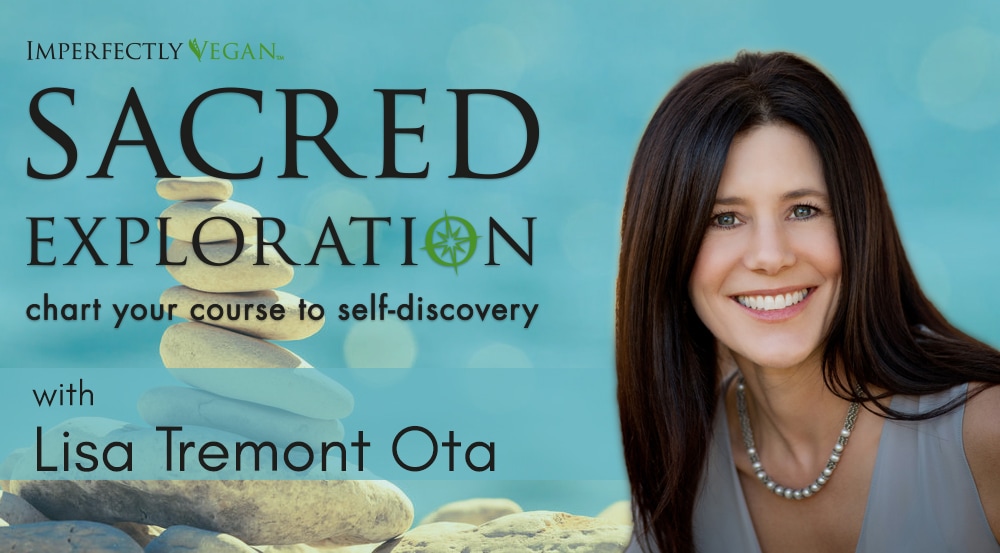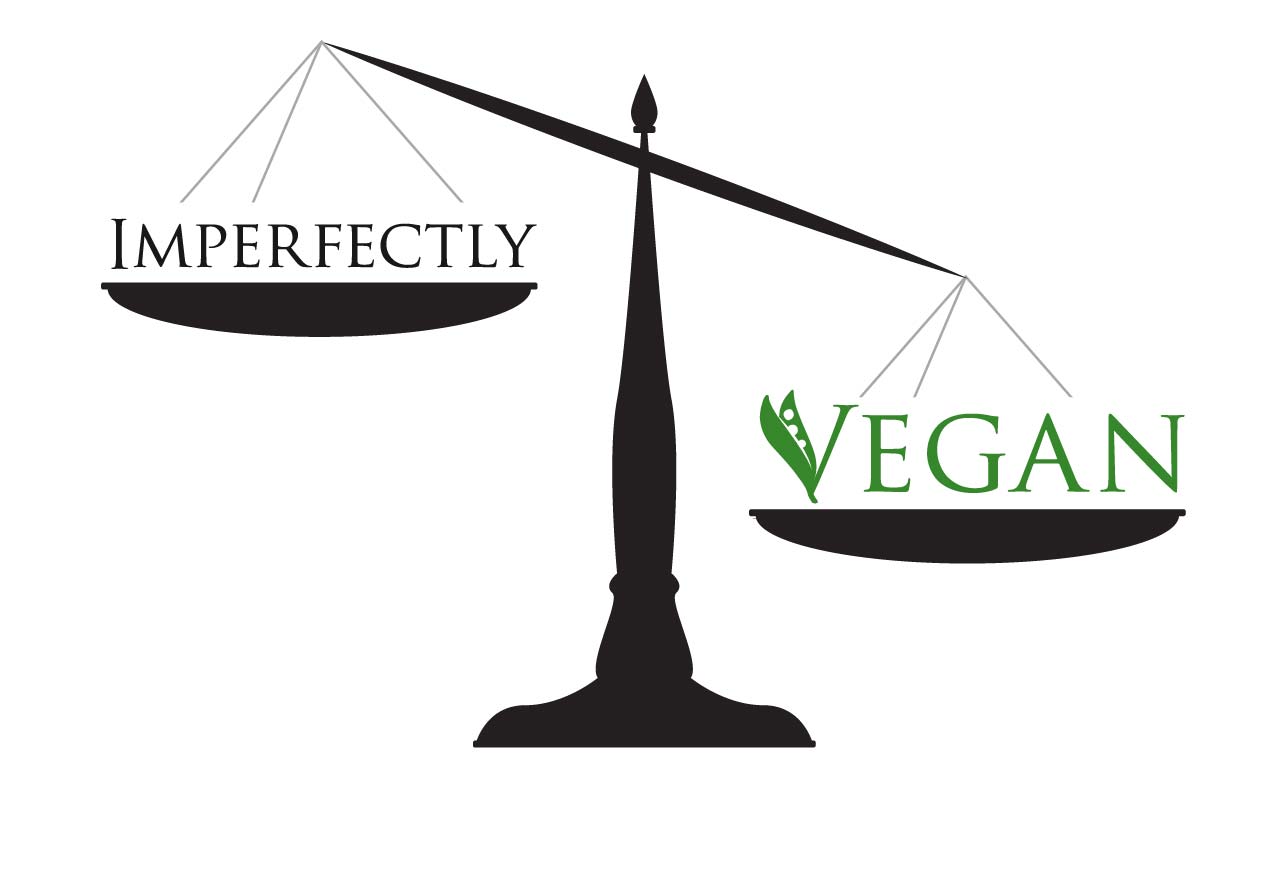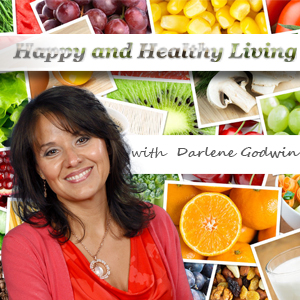Dr. Will Tuttle’s Vegan Keys to Health and Longevity in 2018
I had the great pleasure and honor of having Dr. Will Tuttle, author of The World Peace Diet, on...
Read Moreby VoiceAmerica | Feb 23, 2018 | Empowerment | 0 |
I had the great pleasure and honor of having Dr. Will Tuttle, author of The World Peace Diet, on...
Read Moreby VoiceAmerica | Nov 23, 2017 | Empowerment | 0 |
Thanksgiving presents an opportunity to express our gratitude for food, even if to say...
Read Moreby VoiceAmerica | Nov 20, 2017 | Empowerment | 0 |
https://www.facebook.com/events/1921025974604049/...
Read Moreby VoiceAmerica | Sep 29, 2016 | Health & Wellness | 0 |
This is a YMCA Event!….I am doing a talk tomorrow night at the YMCA Chickahominy in...
Read More




